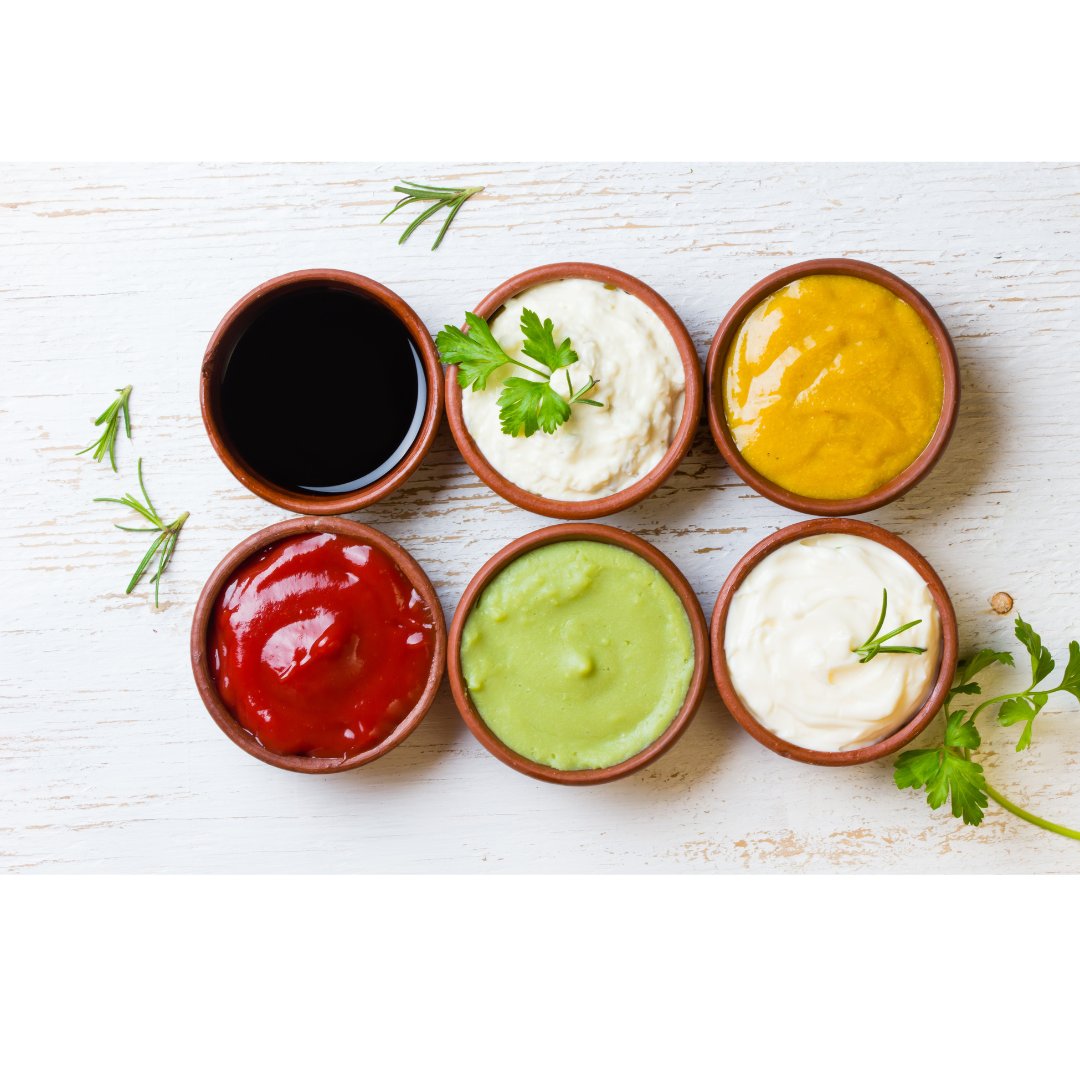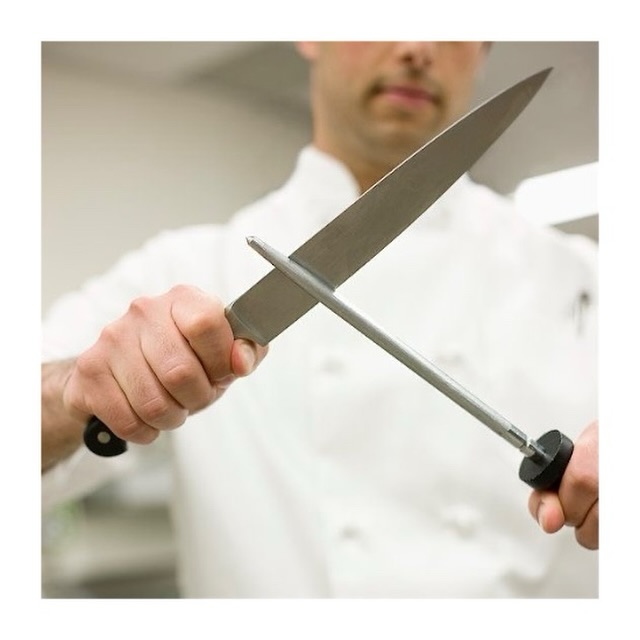Saucy Secrets: Elevate Your Culinary Skills
In the vast universe of culinary arts, sauces are not merely an afterthought; they are pivotal elements that transform ordinary meals into extraordinary experiences. Whether it’s the rich, deep flavors of a classic French béarnaise, the spicy kick of a Thai chili sauce, or the comforting embrace of a homemade gravy, sauces are magical in their ability to elevate dishes. Let’s delve into the art of sauces and uncover how mastering these can be a game-changer in your cooking proficiency.
The Magic of Sauces in Elevating Dishes
A sauce does more than moisten your dish; it complements and enhances the flavors of the food it accompanies. Think about a perfectly grilled steak. Now, imagine that steak topped with a creamy peppercorn sauce. The sauce adds a new texture and layers of flavor that make the steak not just more complex in taste but also more appealing in presentation.
Moreover, sauces have the power to transform a dish’s visual appeal. A drizzle of velvety chocolate sauce on a dessert plate doesn’t just add flavor but also excitement and sophistication. Every spoonful becomes a carefully crafted bite of combined flavors, proving that a sauce’s role is both functional and artistic.
Exploring Different Types of Sauces
- Mother Sauces: The French cuisine identifies five ‘mother sauces’ that form the foundation for numerous derivatives known as “daughter sauces.” These include:
- Béchamel: A white sauce made from butter, flour, and milk.
- Velouté: A light broth-based sauce, thickened with a roux.
- Espagnole (Brown Sauce): A rich sauce beginning with a mirepoix of vegetables, beef broth, and tomato puree.
- Tomato Sauce: Begins with a base of tomatoes, whether pureed, stewed, or in paste form.
- Hollandaise: An emulsion of egg yolk, melted butter, and lemon juice, perfect for vegetables and eggs.
- Regional Sauces: From the robust, herb-infused Italian marinara to the complex spice blends found in Indian curries, regional sauces incorporate local ingredients and reflect the cultural palate.
- Modern Sauces: Chefs today are pushing boundaries by creating innovative sauces using unexpected ingredients like coffee, fruits, and even spirits, crafting unique flavor profiles that dazzle the contemporary palate.
Mastering Sauces: A Step Towards Culinary Mastery
Understanding and mastering sauces is a surefire way to elevate your cooking skills. Here’s why:
- Skill Development: Learning to make sauces teaches you about the principles of cooking like emulsification, thickening, and seasoning.
- Versatility: Once you know how to make a few basic sauces, you can experiment with additives like herbs, spices, or alternate liquids to create something completely new and tailored to your dish.
- Improvisation: With a good grasp of sauces, you can improvise better in the kitchen, using whatever ingredients you have on hand to enhance your meals.
Conclusion
Sauces are more than just a component of a meal; they are a crucial skill set for any aspiring chef or culinary enthusiast looking to refine their cooking. They add complexity, enhance flavor, and improve presentation. By mastering the art of sauces, you not only gain a deeper understanding of cooking techniques but also expand your ability to innovate and impress with every dish you create. So next time you’re in the kitchen, remember these saucy secrets and watch your culinary skills soar to new heights!



